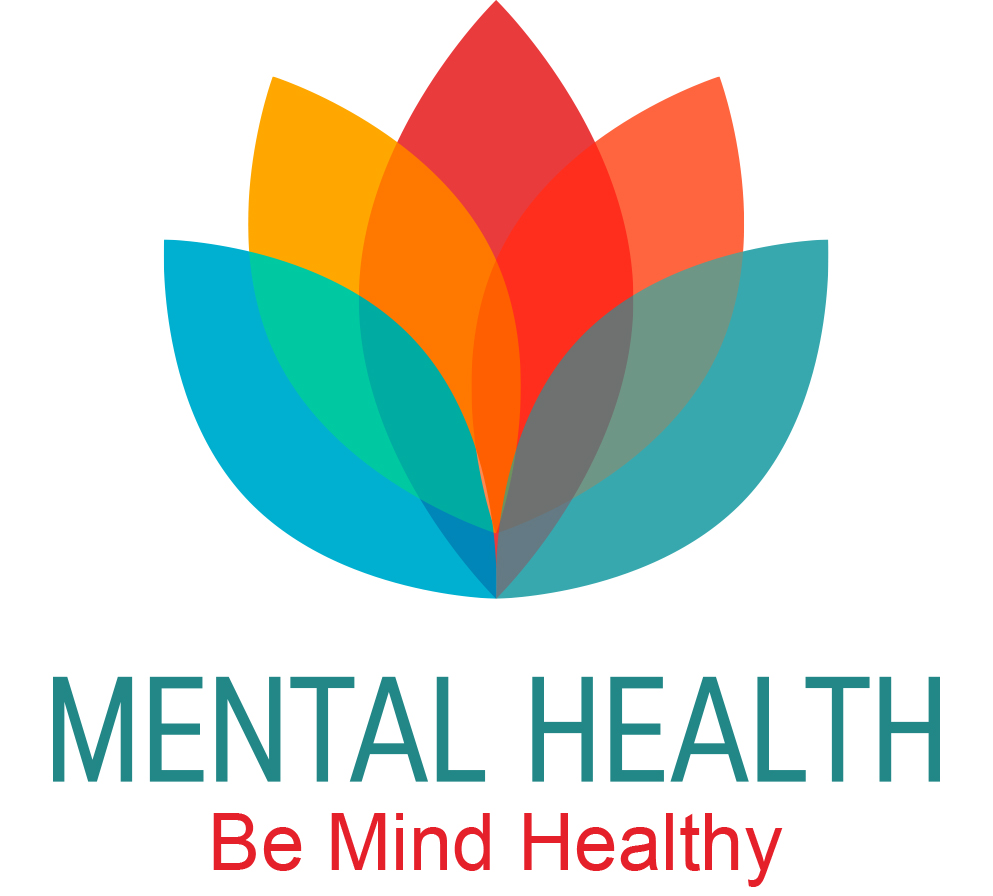
A mental illness is a condition that affects a person's thinking, feeling, behavior or mood. These conditions deeply impact day-to-day living and may also affect the ability to relate to others. If you have — or think you might have — a mental illness, the first thing you must know is that you are not alone. Mental health conditions are far more common than you think, mainly because people don’t like to, or are scared to, talk about them.
A mental health condition isn’t the result of one event. Research suggests multiple, linking causes. Genetics, environment and lifestyle influence whether someone develops a mental health condition. A stressful job or home life makes some people more susceptible, as do traumatic life events. Biochemical processes and circuits and basic brain structure may play a role, too.
None of this means that you’re broken or that you, or your family, did something “wrong.” Mental illness is no one’s fault. And for many people, recovery — including meaningful roles in social life, school and work — is possible, especially when you start treatment early and play a strong role in your own recovery process.
There are Mental Health topics listed below as well as some subtopics. Please click on the links to find additional information.
Source: https://nimh.nih.gov
Mental health includes emotional, psychological, and social well-being. It affects how we think, feel, act, make choices, and relate to others. Mental health is more than the absence of a mental illness—it’s essential to your overall health and quality of life. Self-care can play a role in maintaining your mental health and help support your treatment and recovery if you have a mental illness. Read More
Do you need help with your mental health? If you don't know where to start, this infographic may help guide you.
Source: https://nimh.nih.gov
Our culture, beliefs, sexual identity, values, race and language all affect how we perceive and experience mental health conditions. In fact, cultural differences can influence what treatments, coping mechanisms and supports work for us. It is therefore essential for culture and identity to be a part of the conversation as we discuss both mental health and mental health care.
The following sources provide additional information.
One in 5 Americans is affected by mental health conditions. Stigma is toxic to their mental health because it creates an environment of shame, fear and silence that prevents many people from seeking help and treatment. The perception of mental illness won’t change unless we act to change it. Learn More
Mental Health Topics:
Attention-deficit/hyperactivity disorder (ADHD) is a disorder marked by an ongoing pattern of inattention and/or hyperactivity-impulsivity that interferes with functioning or development.
Bipolar disorder, formerly called manic depression, is a mental health condition that causes extreme mood swings that include emotional highs (mania or hypomania) and lows (depression).
NIMH » Facebook Live: Bipolar Disorder in Adults (nih.gov) (3/30/23)
Borderline personality disorder is an illness marked by an ongoing pattern of varying moods, self-image, and behavior. These symptoms often result in impulsive actions and problems in relationships.
Occasional feelings of sadness, irritability or pessimism are a normal part of life. Although many people associate depression primarily with feeling sad or “down,” the disorder often involves a range of symptoms.
There is a commonly held misconception that eating disorders are a lifestyle choice. Eating disorders are actually serious and often fatal illnesses that are associated with severe disturbances in people’s eating behaviors and related thoughts and emotions.
Grief is a normal response to loss during or after a disaster or other traumatic event. Grief can happen in response to loss of life, as well as to drastic changes to daily routines and ways of life that usually bring us comfort and a feeling of stability.
Obsessive-Compulsive Disorder (OCD) is a common, chronic, and long-lasting disorder in which a person has uncontrollable, reoccurring thoughts (obsessions) and/or behaviors (compulsions) that he or she feels the urge to repeat over and over. People with OCD may have symptoms of obsessions, compulsions, or both.
It’s just as important for an older person with symptoms of depression to seek treatment as it is for someone younger. The impact of depression on health in older adults can be severe: much research has reported that depression is associated with worse health in people with conditions like heart disease, diabetes, and stroke. Learn More
Schizophrenia is a serious mental illness that affects how a person thinks, feels, and behaves. People with schizophrenia may seem like they have lost touch with reality, which causes significant distress for the individual, their family members, and friends. If left untreated, the symptoms of schizophrenia can be persistent and disabling.
Self-harm or self-injury means hurting yourself on purpose. One common method is cutting with a sharp object. But any time someone deliberately hurts themself is classified as self-harm. Some people feel an impulse to cause burns, pull out hair or pick at wounds to prevent healing. Extreme injuries can result in broken bones.
Substance use disorders — the repeated misuse of alcohol and/or drugs — often occur simultaneously in individuals with mental illness, usually to cope with overwhelming symptoms. The combination of these two illnesses has its own term: dual diagnosis, or co-occurring disorders. Either disorder (substance use or mental illness) can develop first.
Suicide is a major public health concern. Over 48,000 people died by suicide in the United States in 2018; it is the 10th leading cause of death overall. Suicide is complicated and tragic, but it is often preventable. Knowing the warning signs for suicide and how to get help can help save lives.
A traumatic event is a shocking, scary, or dangerous experience that can affect someone emotionally and physically. Experiences like natural disasters (such as hurricanes, earthquakes, and floods), acts of violence (such as assault, abuse, terrorist attacks, and mass shootings), as well as car crashes and other accidents can all be traumatic.
